Born in Bermuda in 1958, John Collis studied at McGill University before going to Oxford to take a second BA in jurisprudence (law). After Oxford, he qualified as a barrister and then went on to become Director and Head of the International Corporate Department of Conyers Dill & Pearman, where his practice included advising investment managers, hedge funds and private investment vehicles. Collis was also involved in company law reform in Bermuda. Alongside his legal career, he served for over three decades as the secretary of the selection committee for the Rhodes Scholarship in Bermuda, supporting the Rhodes Trust in this crucial part of its work. This narrative is excerpted and edited from an interview with the Rhodes Trust on 24 June 2024.
John Collis
Bermuda & Corpus Christi 1979
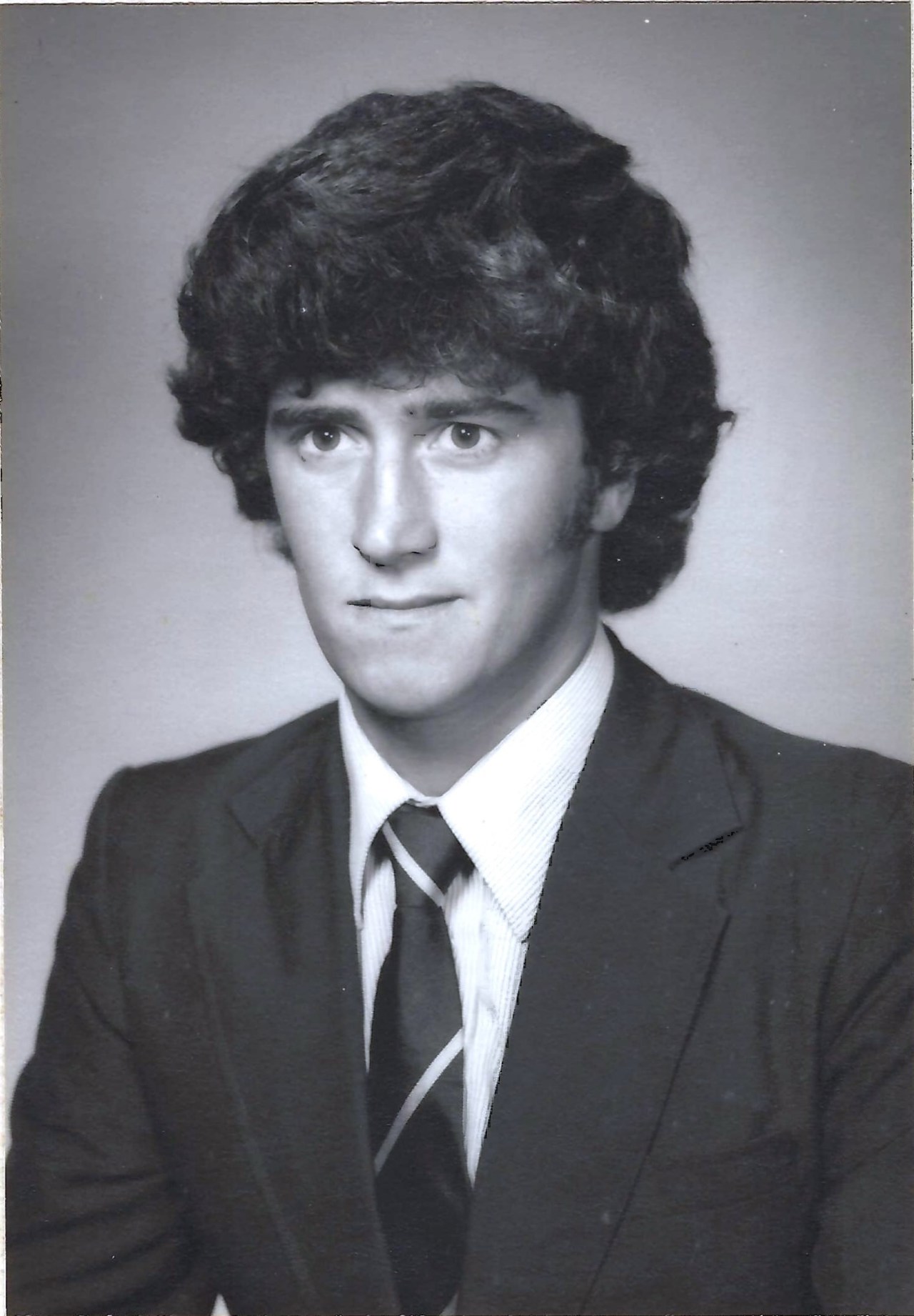
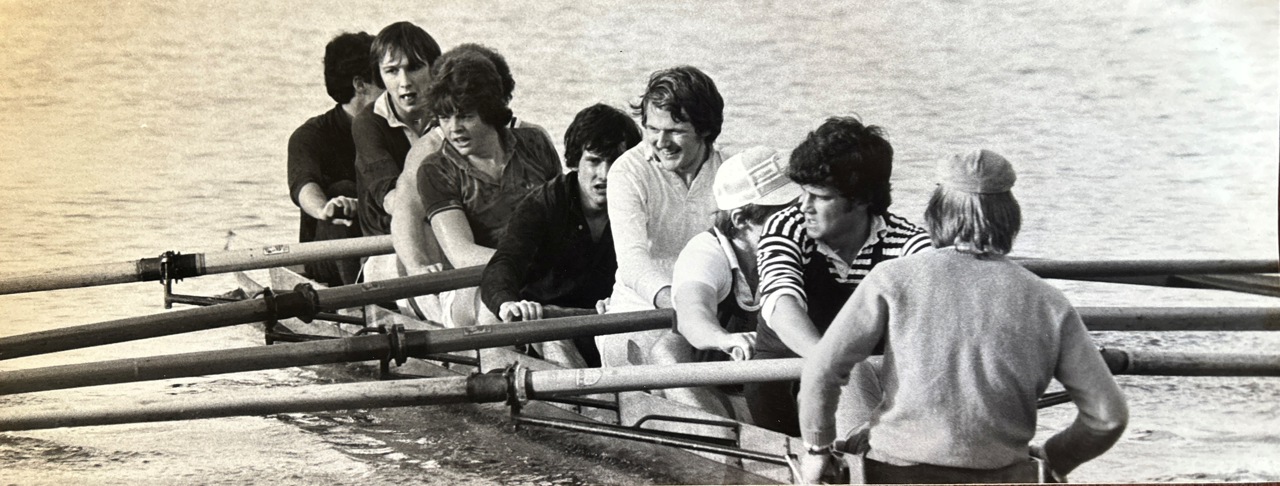
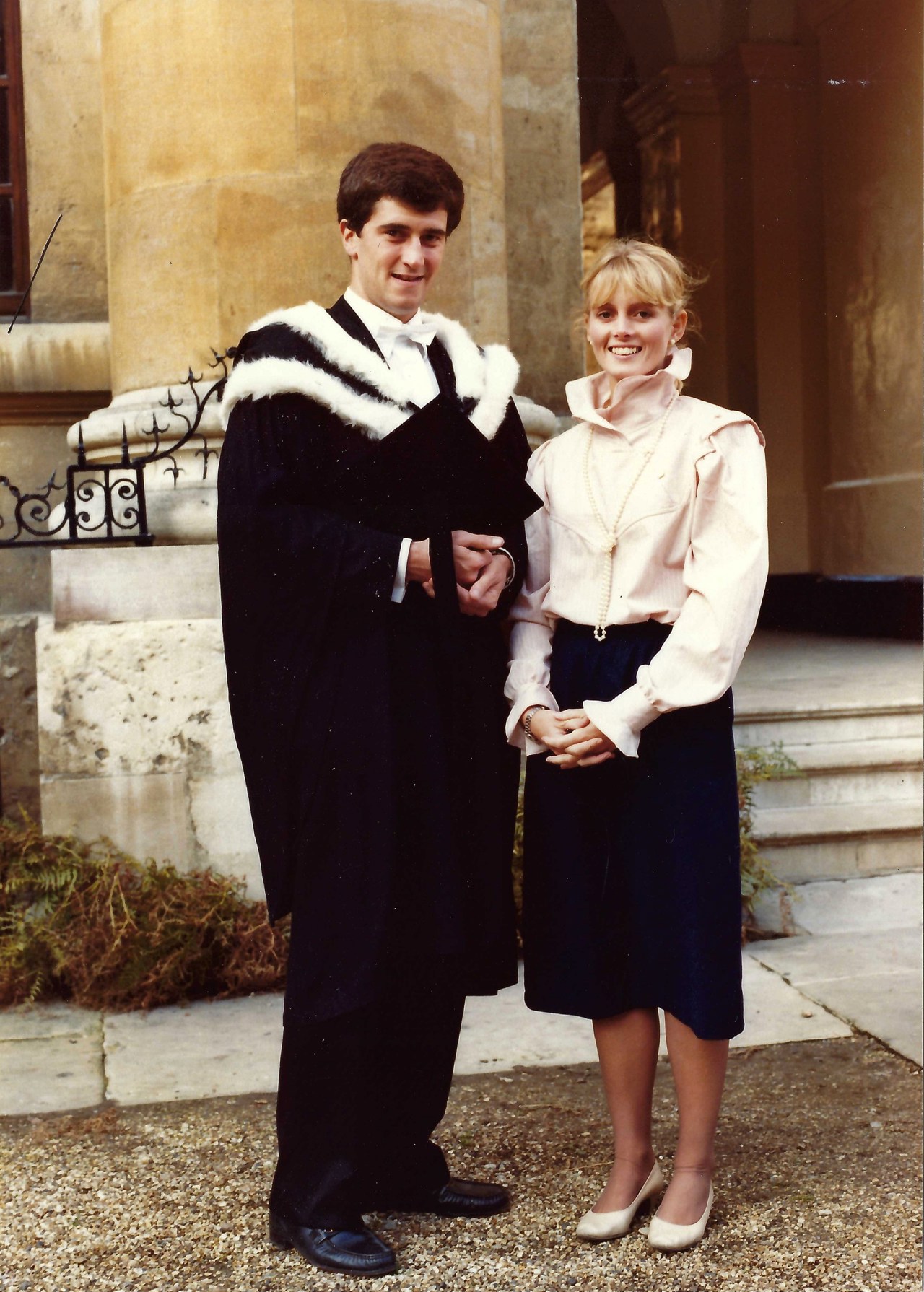
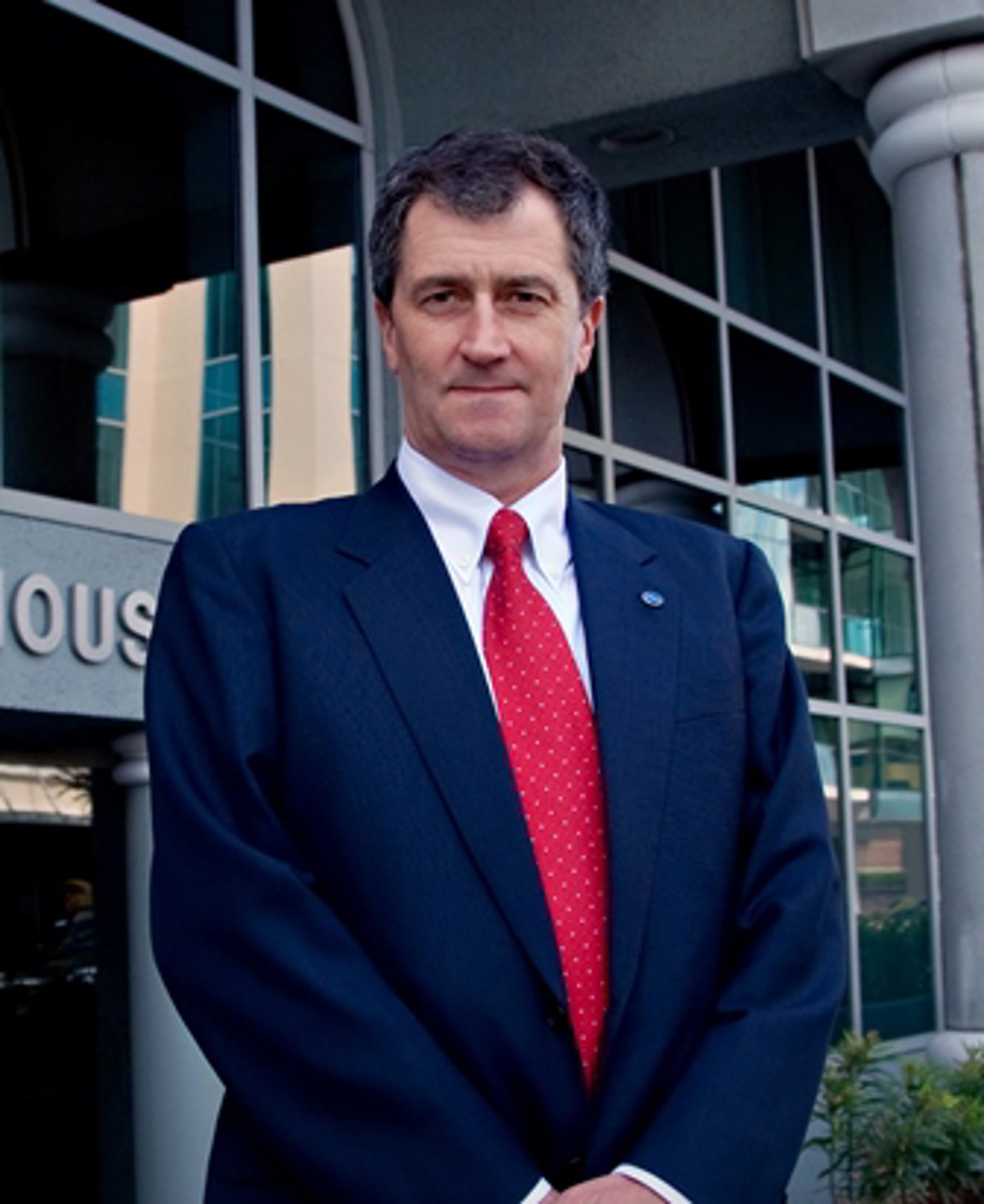
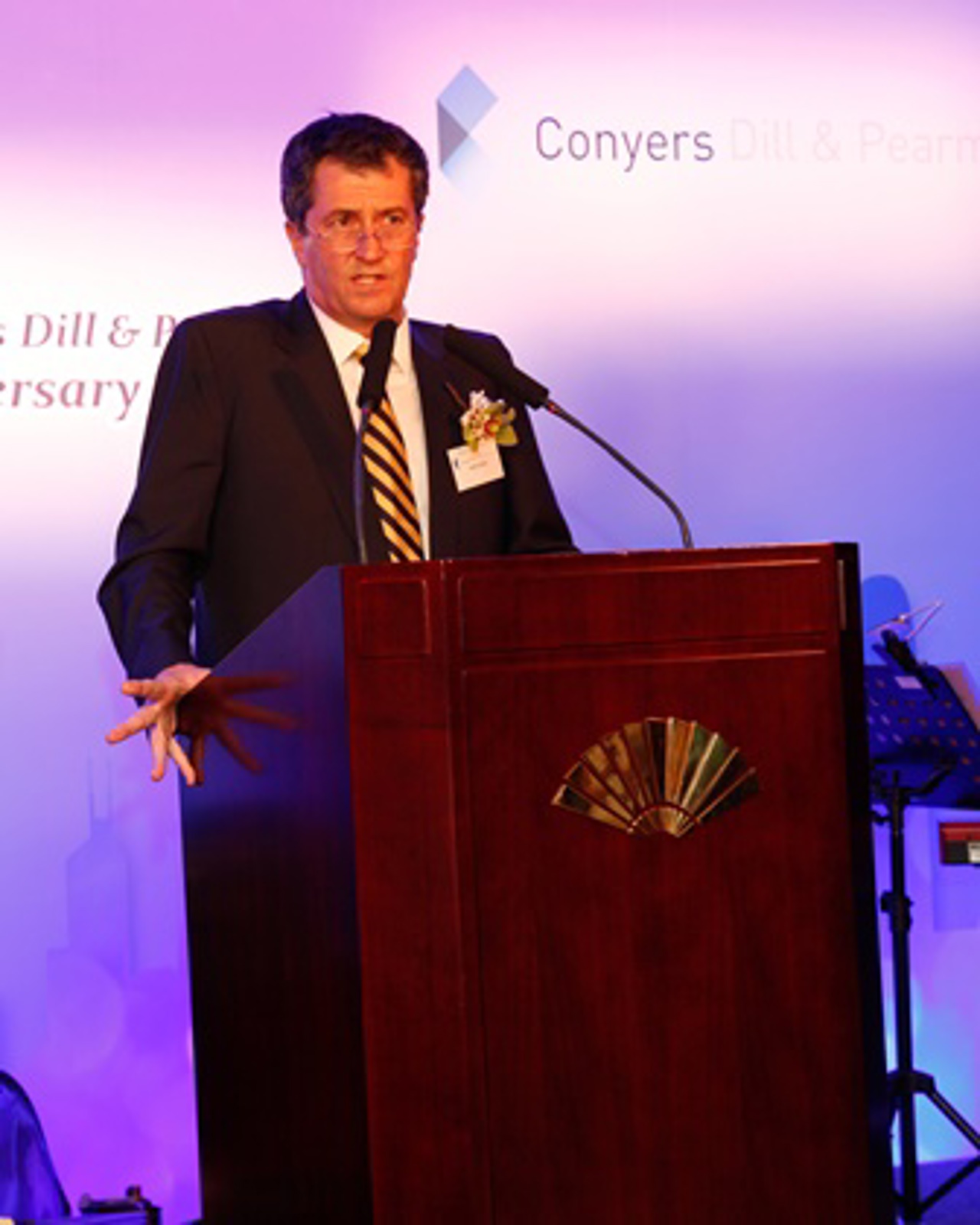
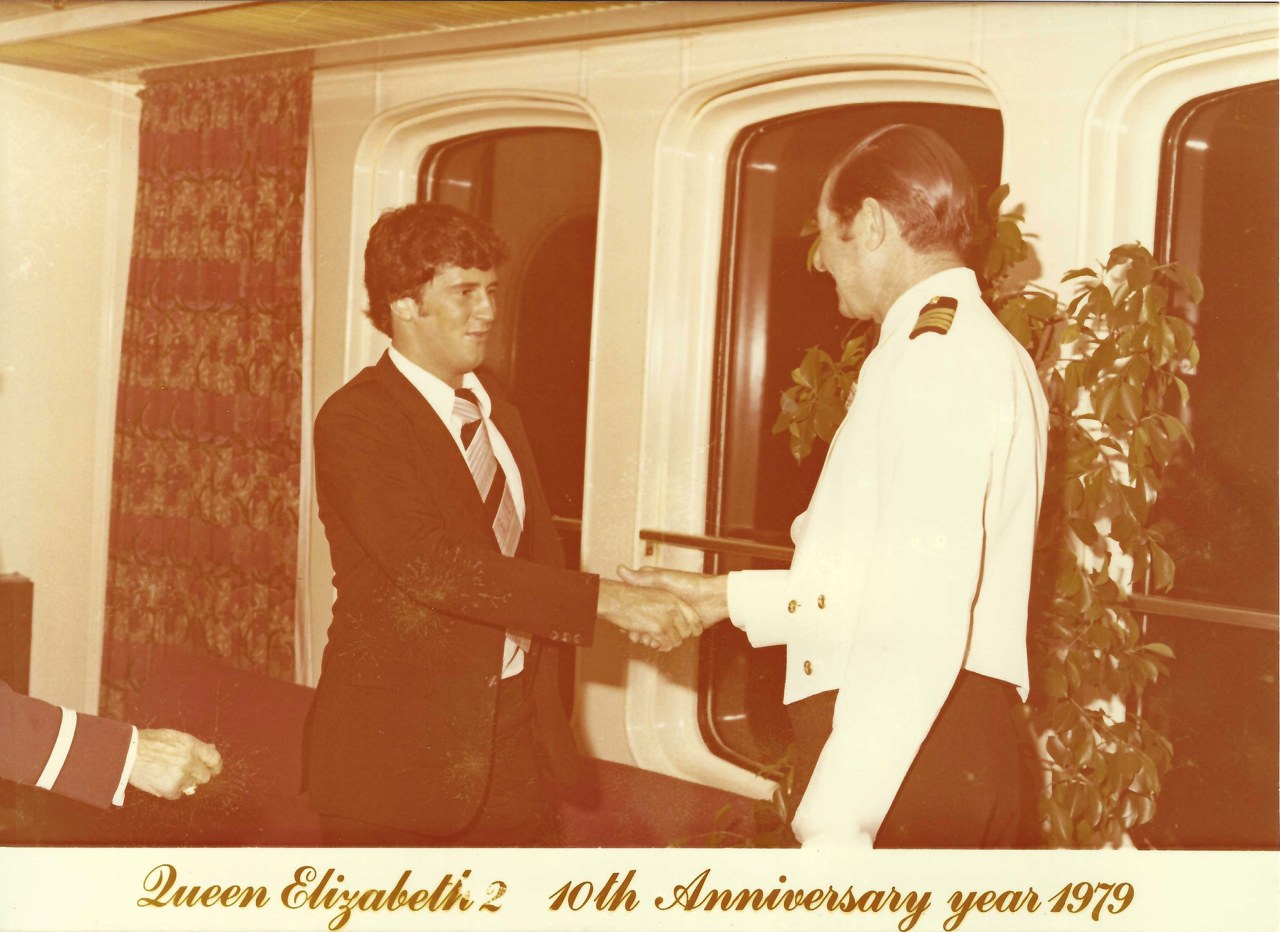
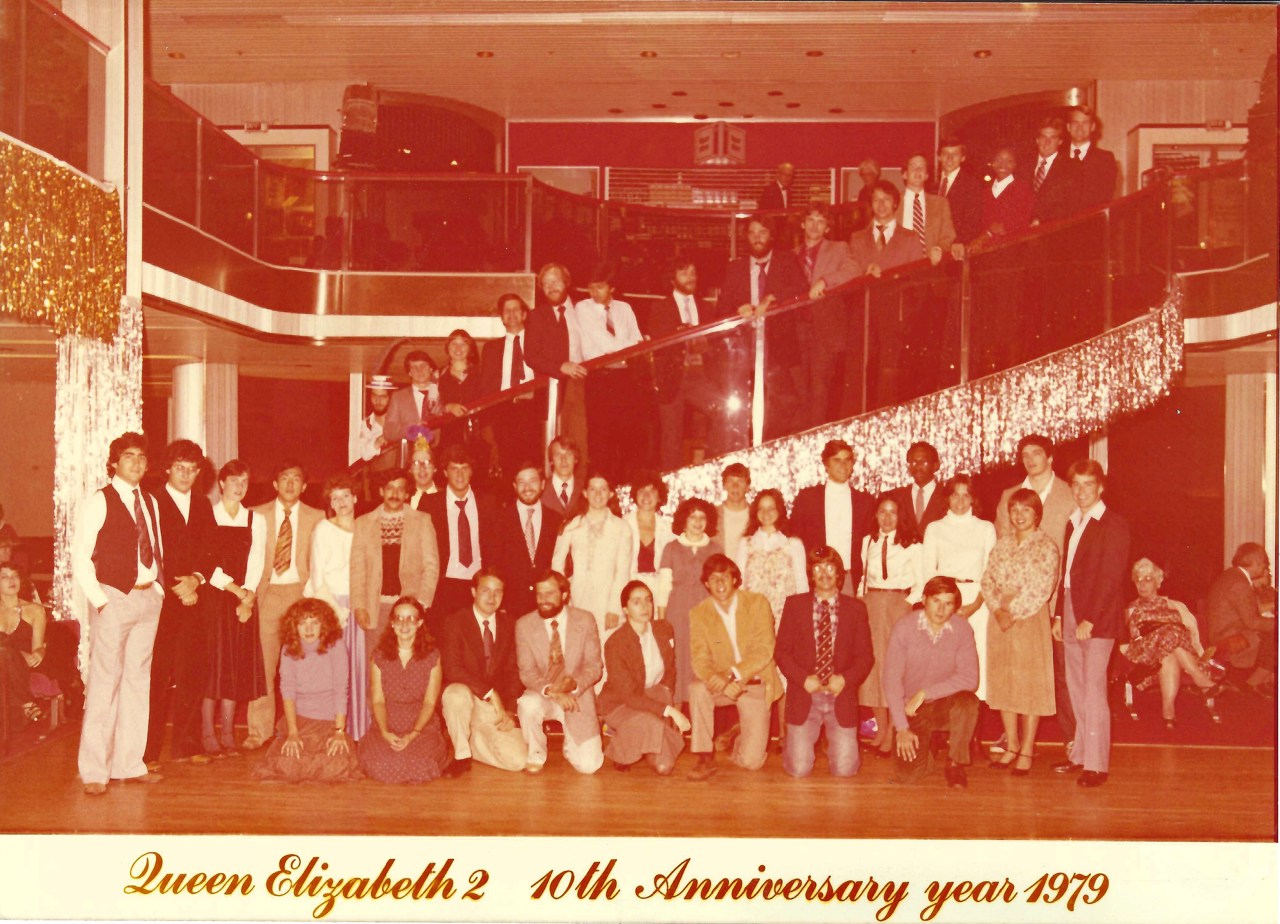
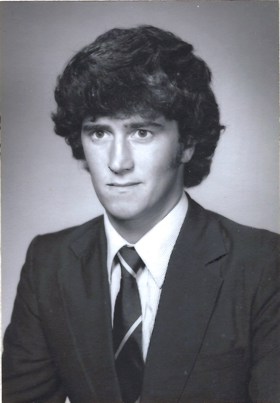
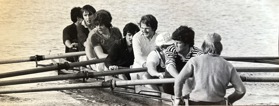
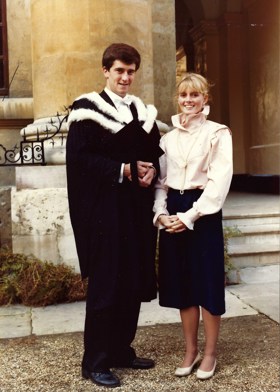
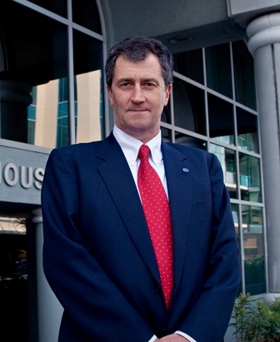
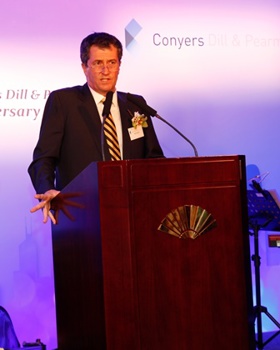
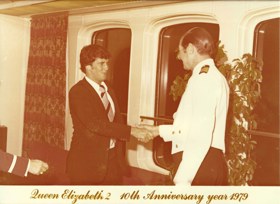
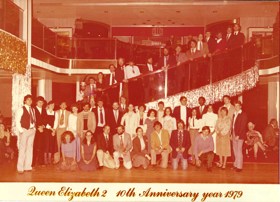
‘A very easy-going childhood’
Growing up, life in Bermuda was a bit like life in any small town. We would make our way home from school and just get together with friends, or we would walk along the rocks, collecting shells. You gathered and played with whoever was there at the time. Small Bermuda was sometimes described as a fishbowl, so you couldn’t afford to misbehave, because somebody would know who you were. There was very little in the way of organised activities or even organised sports, though we would often kick a ball around. So, it was a very easy-going childhood in all respects.
My parents were quite conscious of not driving us down any particular academic path, which meant I really did not have any particular career aspirations while I was in primary and secondary school. My schooling in Bermuda only went up to the age of 16. We did UK O-level exam papers that were sent out to the island and then posted back to be marked. To go on to university, I went to Rugby School, a UK boarding school, for two years. I just got on a plane and then had to find my own way up to the school, knowing I was not going back home for the next three months. I enjoyed that school, and it was also my introduction to the notion that the only person who is really going to make your education a success is you.
On applying for the Rhodes Scholarship
I went on to McGill University. I was studying economics, and I decided that I wanted to do a joint honours degree in economics and finance. That programme was not offered at the time, but the university was amazing. They worked with me to devise this whole new programme. I was pleasantly surprised that universities genuinely listened to their students.
I was certainly aware of the Rhodes Scholarship – former Scholars would come once a year to the local schools to talk about the opportunity. McGill had a programme to support people if they wanted to apply, although I do not recall that they reached out proactively. I knew a few people in Bermuda who had been awarded the Scholarship, and I could see how much they were enjoying it. So, it just gelled as something to work towards, and I knew that I wanted to study for a bit longer. I was not fearful of going to work, but I figured there was a lot to be gained by learning a bit more. I had won another local scholarship to attend McGill, so when I was awarded the Rhodes Scholarship, I had to relinquish that other scholarship early and apologise to them.
I remember how different the Rhodes interview was from the interview process for other scholarships, and I thought it was done very well. Instead of just plugging away at you – ‘How good are you at mathematics?’ or ‘What was your score in this?’ – they wanted to see whether you could argue a point and support your case. It didn’t matter what your view was, provided you could justify it. It was not a matter of trying to persuade the committee of your view: they just wanted to see that you held the view for honest, well-thought-out reasons. That is what I took away from it, and I have kept it as a guiding principle when interviewing as the Bermuda Secretary for over three decades. It is important to determine if people believe what they say, as opposed to just getting to the bottom of their CV.
‘You seemed to learn just by talking to people’
I went over to Oxford on the ship from New York to Southampton with the American Rhodes Scholars. It was dark by the time we got to Oxford, and I remember the scene looked like something Charles Dickens would describe. There was fog everywhere. There was no welcoming committee. We had to knock on the huge College door and the porter – who had been asleep – came to open it slightly, stuck his head out, and asked what do you want.
There was a bit of a rivalry between North American and English universities at that time. The North American ones thought the English tutorial system was too unstructured, and the English ones thought that the North Americans were too spoon-fed. I was shocked by how little direction there was. I had done no pre-law subjects, and the first essay title I was given was full of legal terms I did not understand at that point. The reading list had nothing on it but cases. I had to find myself a textbook, although I was afraid to tell my tutor I was reading it before going to the cases, because I thought he might accuse me of being a traitor! After a while, though, like most people, I got used to the system and enjoyed studying and learning under it.
The graduate common room at my college, Corpus Christi, was very civilised. Most of us were doing a master’s degree or a second BA, and we were quite a serious bunch. Being part of a college was sort of like a family lifestyle: you would see people from your college somewhere else in town, and they would wait so you could walk back together. It was a very easy environment to study in, and one of the things I loved about Oxford was that you seemed to learn just by talking to people who were doing something completely different from you.
On a career in problem solving
My own career has been in law. I started life as a barrister, but I came to realise that I did not want to deal with problems after the fact. I wanted to be more proactive and solve problems in advance. It ties in to a long-term interest I have in computer programming and working through things algorithmically. I like helping people sort out what they need to do, and the traps they need to avoid, to reach a certain objective. That means I have often been more on the business and corporate side. I especially enjoyed growing our firm, making it successful in different parts of the world, and understanding the balance that is required between standardising some things and personally tailoring others.
‘Meeting another Rhodes Scholar is like meeting a long lost relative’
As much as I found university students at McGill and Oxford keen, focused and interesting, there was another layer of drive with the Rhodes Scholars that I came across. They had a purpose and focus over and above what you would expect. It was more than simply, ‘I want to get through this and be the best in my chosen career.’ It was, ‘I want to be part of society, fighting the world’s fight by doing something of value, something that has some social good.’ Meeting this interesting group of people was the greatest opportunity for me. In my life and career, when I have come across somebody else who was a Rhodes Scholar, there is a sort of instant bond. It is like meeting a long-lost relative. You just have an understanding with them.
While serving as the secretary of the Rhodes Scholarship selection committee for Bermuda, it was just such a pleasure to see the next generation of Scholars coming along. I would always look at them and marvel at how clever they were, how interesting were the things they have done, and what they wanted to achieve. It was humbling in the sense that, as a past Scholar, you are helping to select the next Scholar, and all the time thinking, ‘if you had been around in my day, I might not have made it.’ I regarded the role as not me doing Rhodes House a favour, but rather Rhodes House doing me a favour by giving me the opportunity to work with these extraordinary young people that were going to be leading the world in the future. It was genuinely a privilege to have had the opportunity to serve.
Since I studied at Oxford, the reputation of the Scholarship has spread even more widely, and the outreach work that the Rhodes Trust has done has been brilliant. To today’s Rhodes Scholars, I would say just let yourselves run free academically and do something from which you can really get personal satisfaction. Then, when you have finished that, you can turn around and decide what you want to do in the world.
